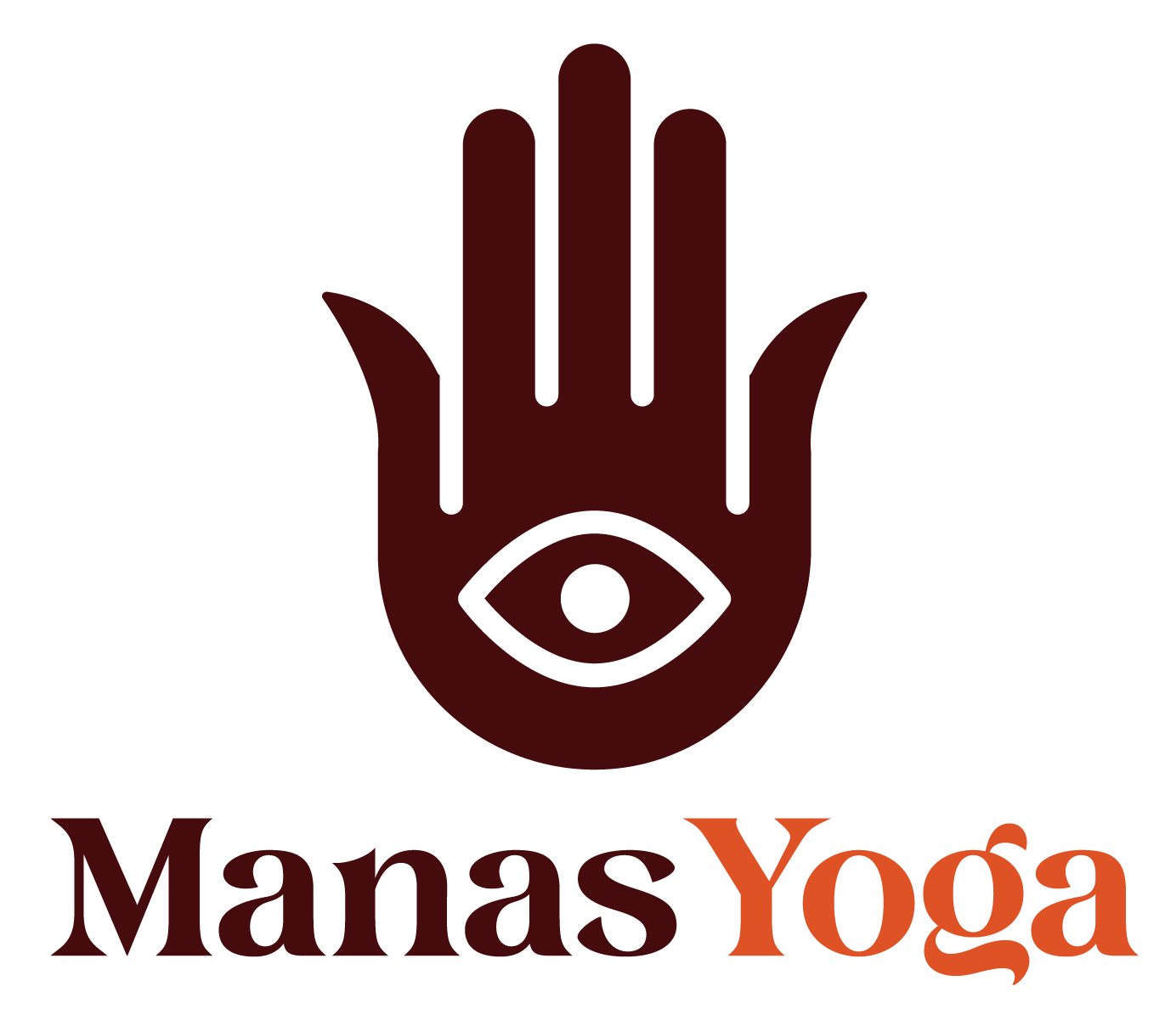What is Karma?
Karma is a Sanskrit word originating in India, In the early texts it meant a “deed” or a ritual, now most people translate Karma as action. Most generally Karma is thought of as a sense of justice or a force that balances out the universe. I will briefly try to explain Karma and clarify how I see myself as an adult who has the responsibility of bringing up children. The word karma translates to actions but pointing out to internal and external actions. These actions are unconscious, they are not present so karma can be thought of as a kind of wheel or snowball which we are born into or develop. For example, the environment that we are born into has its own karma, the household that we are born into has its own karma, our parents have their own cultural karma, they have their own individual karmas, the cities where we live, the country where we live has its own collective karma. Karma is a kind of pattern, a kind of default setting that we are born into and that we continue to follow unless we happen to be awake enough to notice. I see Karma as the habitual, compulsive identification with a certain pattern whether it be an internal thought form or an external form. It is that automatic unconscious association with that pattern that links us also further to that snowball of Karma. The more we are unconsciously a part of this karma, the harder it is to be free from it and so we are trapped in this kind of wheel of actions and reactions that is without consciousness, that is without response.
Some people might say, “Well I do good deeds so that I am putting out good karma or if so and I did something bad, karma will catch up on me”, as if karma is a kind of justice system. The goal is not simply to create good karma, the goal is to recognize my own karma, to recognize the action that I identify with, that I have been acting and re-acting unconsciously, to witness it, to step outside of it so that I am to respond deliberately rather that just react unconsciously. My goal with karma is to recognize it and step outside of it with a response. A response is no longer karma, a response frees me from karma.
For example, a child which is unfortunately born in a destructive karma – maybe the parents are violent with each other either verbally, physically or emotionally – this child is in this pattern of violence and this is being imprinted on the child and so this action, this karma is going to re-enact itself. The child might learn to speak to himself or to others with violent words, it might learn to relate to others only aggressively or in a beautiful or rare case this child could step out and really make a different choice, a choice to be actively peaceful to choose love, kindness and compassion.
Action and reaction belong to a slumbering consciousness whereas response and responsibility belongs to an awakened consciousness, to witnessing, to presence. Karma is really always a part of unconscious identification with form of thoughts; this is why it is also understood as faith. But in reality, I think we can create our own truth, we don’t have to be victims of karma, of faith. We can respond to life, rather than role with karma. Karma has a lot of momentum and it’s very hard to stand up and realize what’s going on in our internal patterns because we have repetitive thoughts and we have habits that we inhabited from our ancestors. It lives in our physical karma, in the pattern of our physical bodies, their habits live within us, they are us, they are within our very bodies, in the chemistry our brains, its not easy to break free from physical karma, from emotional karma, from energetic karma. The work can be very subtle, but it is possible. By taking moment by moment a chance to become aware to be less identified with every passing thought.
The concept of rebirth is very much intertwined with karma. When we are constantly reborn, we are constantly reborn into karma. It is moment by moment as we identify with another idea of who we are, of who we thought we are, we are reborn into that birth, into that karma. And so, when we are conscious of these patterns and habits and we are able to watch ourselves without identifying to them, we are less likely to be rolled into the momentum, the push of karma. The goal is to step out of karma and by doing so to help others to step out of karma that maybe they were born into, and inherited and are holding back in some ways. So, when you are able to step outside of your own karma, you inevitably help others to step out of their own karma. You don’t have to do anything other than just live your life outside of the set karma that you were born into. When you step into consciousness, love and compassion. You help shift the collective karma for everyone in your reach.
Nothing we do is without consequences and all actions leave traces, so if you know that the karma you have is a heavy one – you had, for example, a violent childhood – and you use this an excuse to be violent to be others, then you have made a conscious decision to continue this karma.
